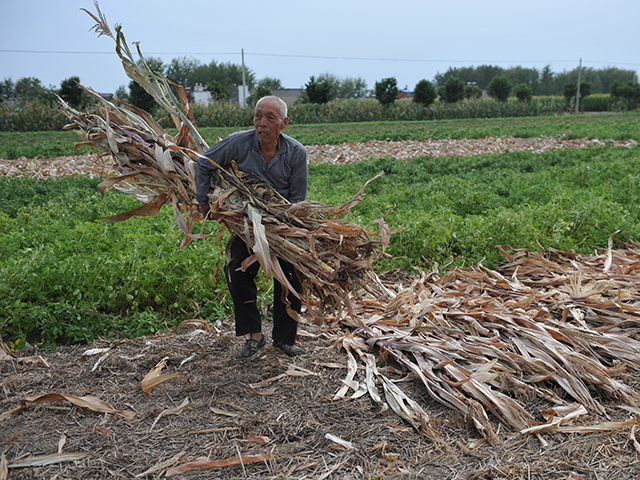Chinese recruiting website 51job.com published a survey on Monday that found 68 percent of China’s senior citizens plan to return to work after “retirement,” and 30 percent felt “economic pressure” to do so.
China’s state-run Global Times claimed this was a “normal and beneficial phenomenon given the slow growth of pension in recent years and labor shortages in some industries,” although neither pension problems nor labor shortages seem like “beneficial” phenomena.
According to the 51job.com survey, 34 percent of elderly job-hunters said they needed to work to “subsidize their family expenditures through reemployment, or increase their family income to meet higher consumption demands.”
“In terms of the major expenditures of their income from reemployment, the top three major expenditures include daily living expenditures, reservation for pensions and sharing the economic burdens of their children,” the Global Times noted.
The Chinese Communist paper found a delicate way to express that re-employment is a good deal easier and more enjoyable for retirees with high-training professional skills, versus low-skilled and low-income older people who desperately need the extra income from returning to work:
The survey also found that the elderly choose jobs mainly based on their past career experience and their work skills. For those with professional skills, jobs such as accountants and technical consultants, which account for 16.3 percent, and positions in the training industry such as calligraphy teachers and photographers, which account for 9 percent, are among the top choices.
Whereas job-hunters with less education but with patience and care are more likely to work in the labor-intensity industries such as the service and logistics industries, accounting for 41 percent and 20 percent respectively, such as cleaning workers, sanitation workers and cooks.
Another issue the article approached with great delicacy is that China needs its elderly to return to the workforce because its demographic decline means young workers are in short supply:
Statistics show that the Chinese elderly population aged 60 or above amounted to 267 million as of the end of 2021, accounting for 18.9 percent of China’s total population. China is expected to have a severe aging society around 2035 with the elderly population exceeding 400 million — over 30 percent of the total population.
The Global Times blithely noted this week’s 20th annual Chinese Communist Party National Congress resolved to “pursue a proactive national strategy in response to population aging,” without reminding readers that the Chinese government is already supposed to be dedicated to proactive policies that might arrest population decline. The latest round of incentives for the Chinese public to be fruitful and multiply includes outright subsidies and tax rebates for young families.
The Global Times cited social media users complaining that in China’s stalled economy, the elderly un-retirees would take away jobs from young people, exacerbating an already serious problem with youth unemployment.
Other analyses of China’s working retirees have noted that decades of the cruel “One Child” population control laws created a large cohort of aging citizens who have no children to look after them, and no grandchildren to devote themselves to.

COMMENTS
Please let us know if you're having issues with commenting.